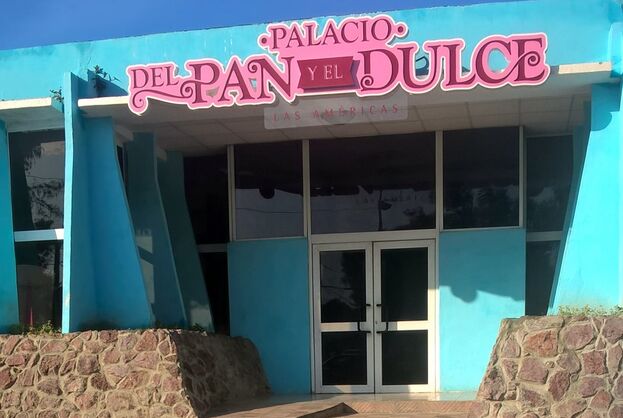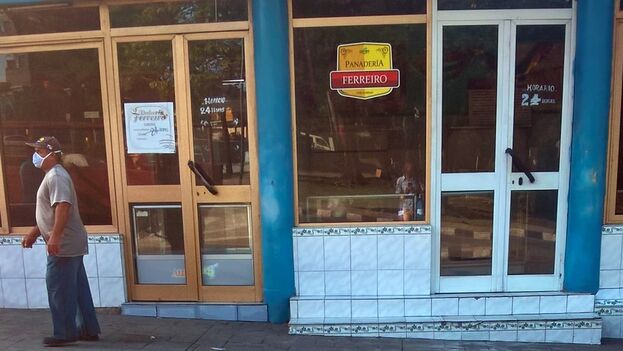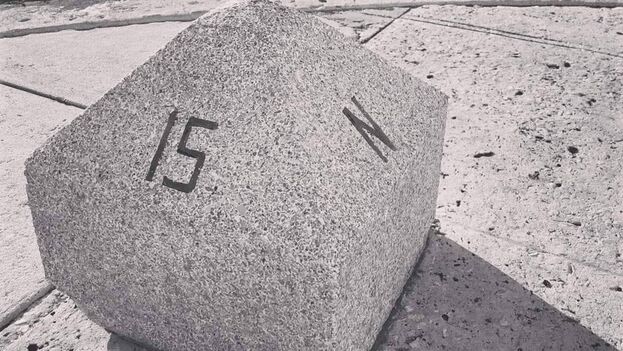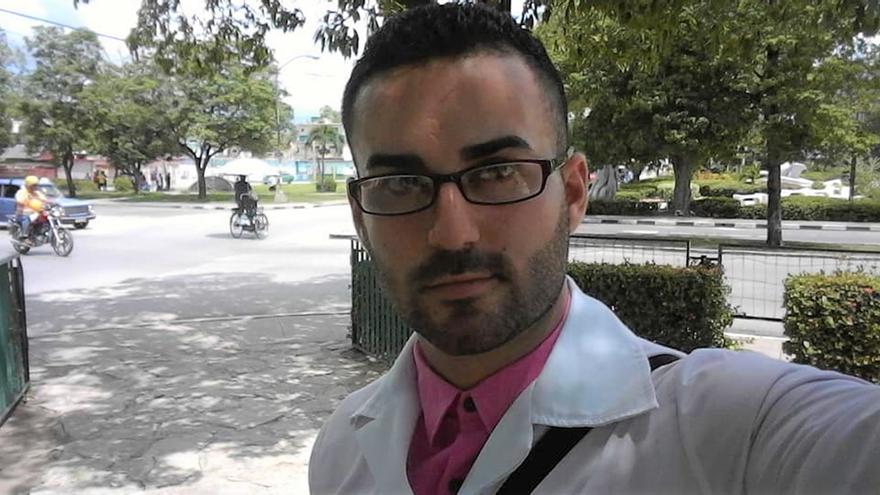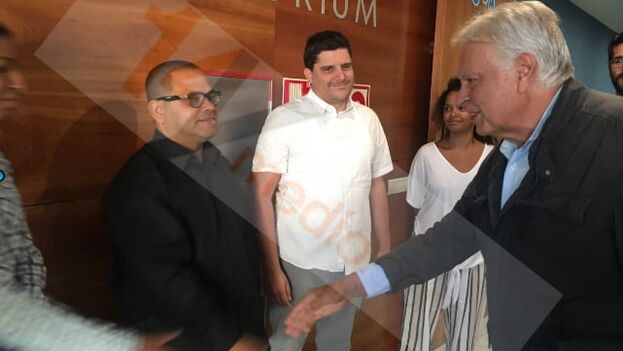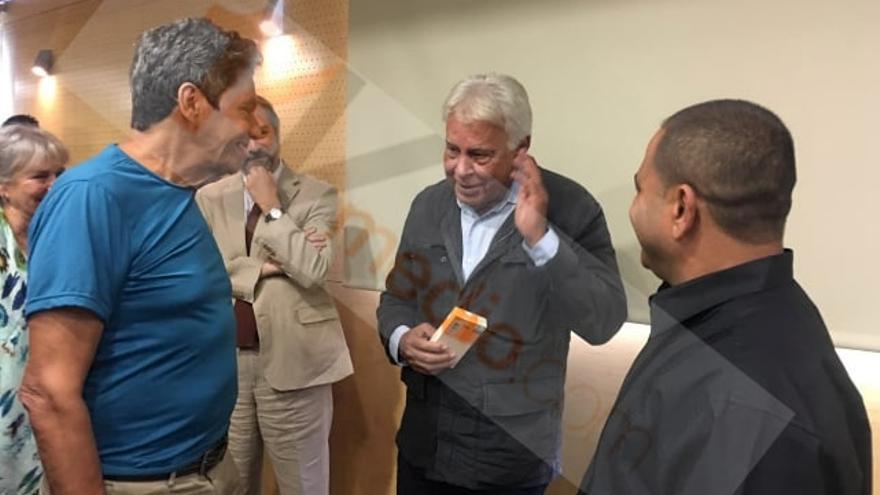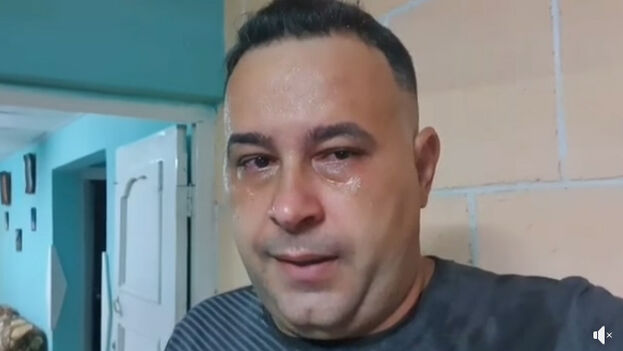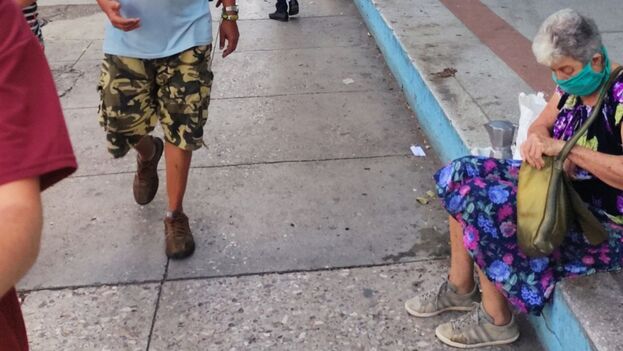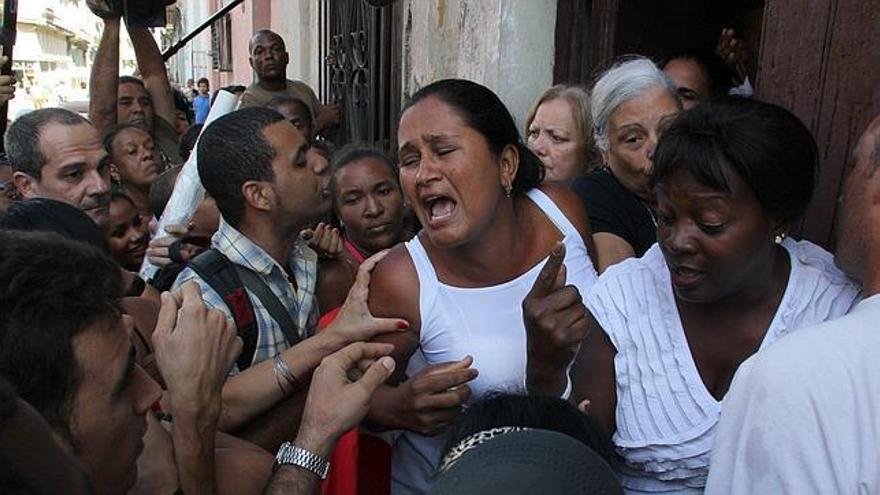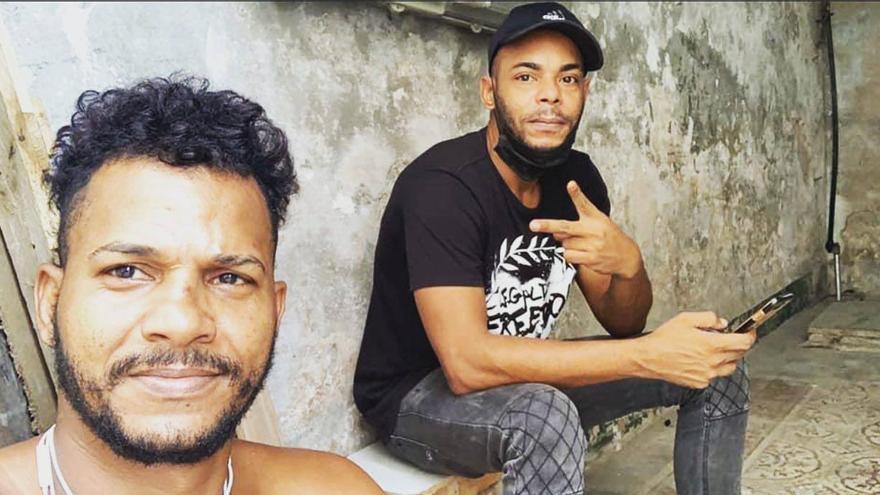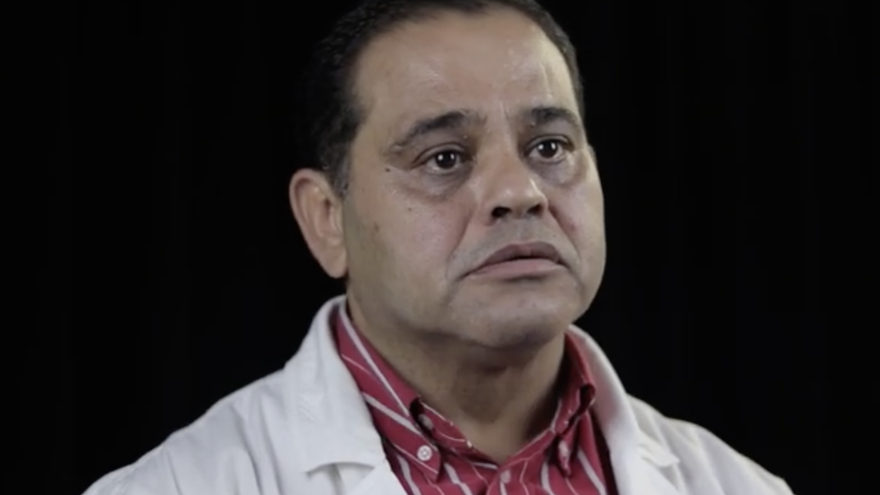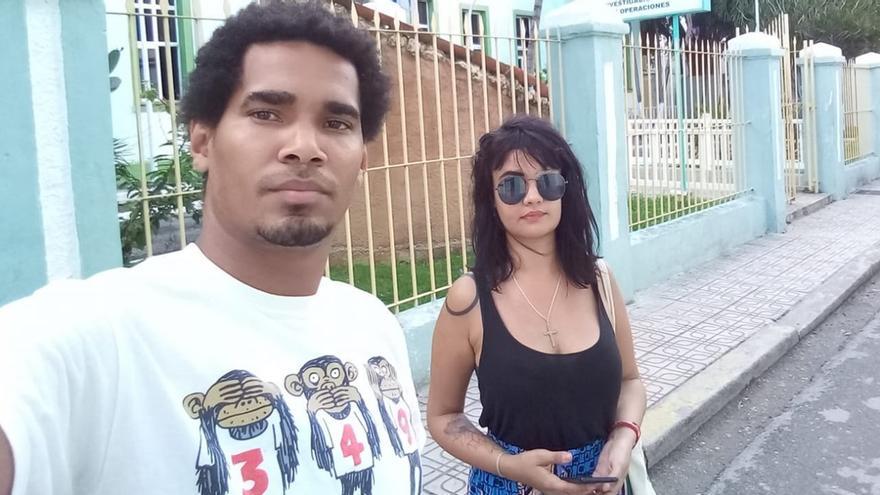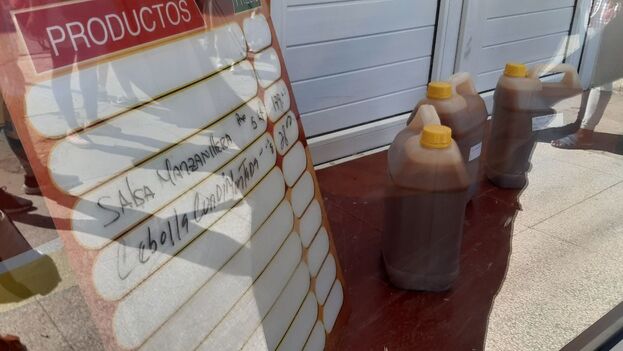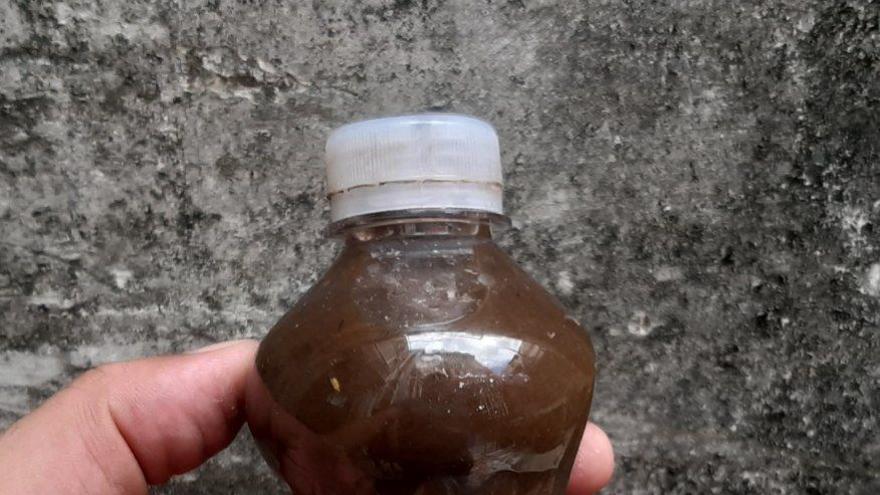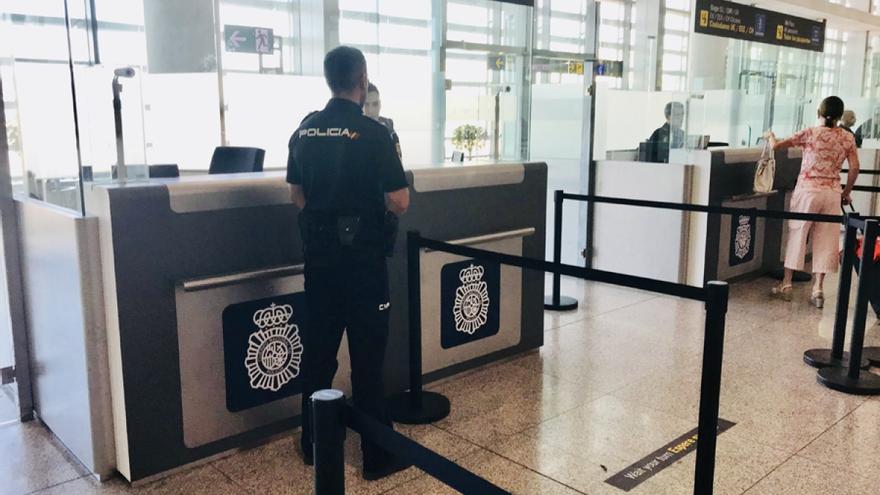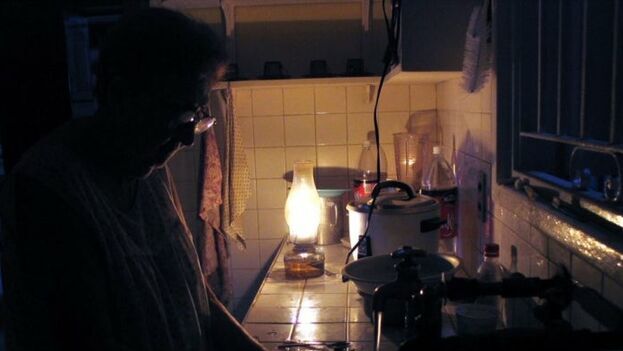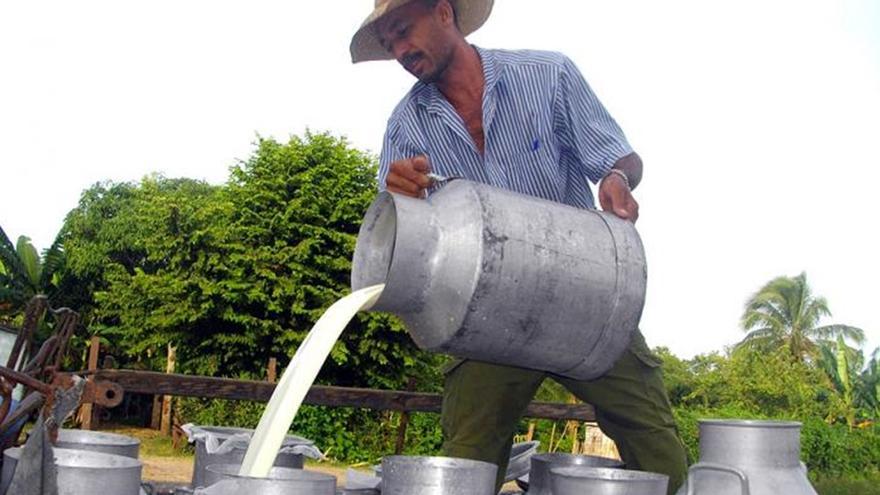They’ve raised the bar in two ways: first, by presenting as apocalyptic the results of anything they consider a “return to the past,” and second, making those who dare to dissent pay disproportionately for “daring.”
However, those who comb their grey hairs and treasure their scars will recognize in these acts of power the same processes that have been practiced for the last 60 years. With only a superficial retelling of certain moments in which they’ve responded with excessive brutality to those who, in a civilized manner, submitted divergent proposals, including some from within the ranks who displayed their disagreement with the ways the revolutionary project was being carried out.
The list must begin with the resignation letter sent by Commander Huber Matos to Fidel Castro in mid-1959, which stated: “I do not wish to become an obstacle to the Revolution and I believe that having to choose between adapting and being cast aside, the honorable and revolutionary thing to do would be to leave.”
He was tried and sentenced to 20 years in jail. Fidel Castro, in his role as witness, declared that the principal offense of the accused was to malign the Revolution by describing it as communist. continue reading
In January of 1961, cameraman Orlando Jiménez Leal and editor Sabá Cabrera Infante presented a documentary titled PM (post meridian) where instead of showing the people as fired up and willing to die before the “imminent invasion of imperialism,” showed some from Havana as fun-loving — drinking beer and dancing rumba. [See also.]
Toward the end of June that same year, before the reactions that resulted in the censure of the documentary, Fidel Castro announced his so-called Palabras a los intellectuals [Words to the Intellectuals], where he consecrates in a single phrase not only the cultural politics of the country but also the intolerance to all possible discrepancies: ” Against the Revolution, no rights.” [See also.]
Between 1966 and 1968 a group of communists, led by Aníbal Escalante, who had served in the Popular Socialist Party and joined the Integrated Revolutionary Organizations, had the audacity to criticize the direction of the country, arguing, among other things, that the leaders of the 26th of July Movement were bourgeoise with plans to exit the Muscovite sphere of influence and return to the arms of Washington.
That phenomenon, named “microfracture”, ended with 35 of those implicated being tried. The most prominent figures received sentences of up to 15 years in prison.
In March of 1968, to confront the last vestiges of private property, the Revolutionary Offensive was decreed. Entrepreneurship, viewed as a remnant of the past, was punishable by confiscation of the means of employment and the prohibition of self-employment.
In October of 1968, poet Heberto Padilla won the Julián del Casal poetry prize sponsored by the Cuban Union of Writers and Artists (Uneac) for his book Fuera del Juego [Out of the Game]. The panel that awarded the prize stated that “its strength and what gave this book a revolutionary feel was, precisely, the fact that it was not apologetic, but rather critical, controversial, and essentially linked to the idea of the Revolution as the only possible solution to the problems the author obsessed over, which are those of the times we are living.”
The response to those disobedient verses was to add a prologue to the book that described it as counterrevolutionary. Padilla was subsequently jailed for 35 days and forced to provide a public retraction. Later, he went into exile. His work is not studied in Cuban schools.
Few will remember those “democratization assemblies”, following the failure of the Ten Million Ton Harvest, during which citizens were asked to express their complaints without fear. Barely any data exist (there was no internet in 1970) of the workplace firings and the expulsion of university students which resulted from that unleashing of honesty, or better yet, naivete, in which some came to define the regime as an autocracy and others described the volunteerism and lack of citizen consultation as the worst of the worst.
The First National Congress on Education and Culture was held from the 23rd to the 30th of April 1971. This event launched what historians refer to as the Five Grey Years. They conducted a purge to eliminate from cultural centers all those who “appeared homosexual” or who displayed what they called “ideological weaknesses”. This resulted in the disappearance of Pensamiento Crítico [Critical Thinking] magazine, which provided an academic viewpoint, less orthodox than the practice of socialism. [See also.]
On the scale of intolerance, the well-known events of 1980 must be mentioned, when the state sponsored “acts of repudiation” against those who no longer wanted to partake in the experiment launched by the communists.
On June 13, 1991, Daniel Díaz Torres’s movie, Alice in Wondertown, premiered. That day, hundreds of militants from the Communist Party and the Union of Young Communists were mobilized to repudiate the screening of the film, which provided a sarcastic view of the absurd reality.
That same month a group of intellectuals published a document known as the Letter of the Ten, in which they demanded democratic changes and the release of prisoners of conscience.
The signatories of the declaration, Raúl Rivero, Manuel Díaz Martínez, Nancy Estrada, Lorenzo Fuentes, Bernardo Marquéz Ravelo, Manuel Granados, Fernando Velázquez Medina, Roberto Luque Escalona and Victor Manuel Serpa, were subjected to all kinds of reprisals and harassment.
Poet María Elena Cruz Varela, the author of the letter, was publicly accused of being a CIA agent for having created the dissident group Criterio Alternativo [Alternative Critique], which was branded “a small counterrevolutionary group”. Her house was raided and she was beaten and dragged out of her building and forced to, literally, swallow her documents. Cruz Varela was sentenced to two years in prison.
In February of 1992, Cuban writer Jesús Díaz participated in a public debate in Zurich with Uruguayan intellectual Eduardo Galeano. There, Díaz read a text titled Los anillos de la serpiente [The Serpent’s Rings], which caused profound displeasure among state media because, among other things, it questioned the motto of ’Socialism or Death’ pitched by Fidel Castro.
Jesús Díaz was expelled from the Cuban Union of Writers and Armando Hart, the Minister of Culture at the time, distributed a pamphlet which accused him of having committed an enormous crime and included the following threat: “Laws do not allow the death sentence for your infamy; however the morality and ethics of Cuban culture will punish you more harshly.”
On September 8th, 1993, Cuba’s Conference of Bishops issued a message titled El amor todo lo espera [Love Hopes All Things], which was subsequently read in all Catholic churches and severely criticized the economic, social, and political situation in the country.
One columnist, who is sadly remembered, published an editorial titled El amor todo lo espera siempre que no venga de Caín [Love Hopes All Things, as Long as They Don’t Come from Cain] where he stated that Cuban bishops were “historic accomplices of all the nation’s enemies,” and that the pastoral message could be considered “a stab in the back, at the most difficult, decisive and heroic moment faced by the Cuban Revolution.”
In March 1996, during the plenary of the Party’s Central Committee Raúl Castro announced the decision to close the Centro de Estudios de Américas (CEA) [Study Center of the Americas], a Cuban center of ideas comprised basically of young researchers who had dared to mention novel ways to build socialism. They were accused of being “fifth columnists” and dispersed to different places of employment.
On June 19th, 1997, members of the Grupo de Trabajo de la Disidencia Interna [Internal Dissidence Working Group] published a document titled La patria es de todos [The Homeland Belongs to Everyone] in response to the scheduled Fifth Congress of Cuba’s Communist Party (PCC), where they were analyzing the main complaints of the population and developing recommendations. A month later, the signers of the document, Vladimiro Roca, Félix Bonne, René Gómez, and Martha Beatriz Roque were detained and processed in summary trials. On May 5th, 2002 the last of them, Vladimiro Roca, was freed after serving close to five years in a maximum-security prison.
In May 2002, protected by Article 88 of the 1992 Constitution, Movimiento Cristiano Liberación [Christian Liberation Movement], led by Oswaldo Payá and supported by other opposition organizations, presented Project Varela as a legislative initiative endorsed and signed by more than 11,000 citizens. This proposal advocated for economic and political reforms.
The government’s response was to amend the Constitution of the Republic, creating the concept of the irrevocability of socialism. In March 2003, in the middle of what is now known as the Black Spring, 75 human rights activists were arrested, including 25 members of Project Varela; they were condemned to long prison sentences.
This extensive yet incomplete account succinctly includes only peaceful acts and their disproportionate responses between 1995 and 2003. Obviously missing are the many specific cases that demonstrate that these abuses of power are not exclusive to the present, but rather, practically habitual over the last six decades.
What occurred in the 18 years since is perhaps more well-known to those who today ask themselves what can be done to change things in Cuba. Among the most notable reprisals to those who have peacefully attempted to do something, several stand out: the permanent harassment of the Ladies in White, who base their struggle on the release of political prisoners, attacks of all kinds against Unión Patriótica de Cuba [Patriotic Union of Cuba] or any other opposition movement.
Arbitrary detentions, prohibitions on travel outside the country, even outside their own homes, confiscation of means of work, and threats of judicial procedures have also befallen bloggers and independent journalists, cultural activists, and defenders of human rights.
The political structure which today governs the country assumes continuity, for which it takes on the responsibility of all the abuses committed to date. The current victims, thrown into the same old sack of discredit as always, understand that there are no scruples that justify distancing themselves from those demonized yesterday. As the poet would say, “We are sewn by the same star.”
Translated by: Silvia Suárez
____________
COLLABORATE WITH OUR WORK: The 14ymedio team is committed to practicing serious journalism that reflects Cuba’s reality in all its depth. Thank you for joining us on this long journey. We invite you to continue supporting us by becoming a member of 14ymedio now. Together we can continue transforming journalism in Cuba.
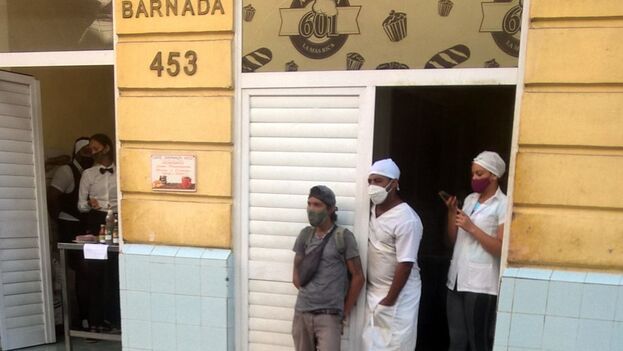
![]() 14ymedio, Alberto Hernandez, Santiago de Cuba, 4 November 2021 — “There’s no bread, ma’am. We sold what little there was first thing this morning and we don’t have the ingredients to make more.” This is what an employee at the newly opened Palacio del Pan y el Dulce (Palace of Bread and Sweets) told Julissa, a security officer, who arrived at the bakery before 9:00 AM on her day off.
14ymedio, Alberto Hernandez, Santiago de Cuba, 4 November 2021 — “There’s no bread, ma’am. We sold what little there was first thing this morning and we don’t have the ingredients to make more.” This is what an employee at the newly opened Palacio del Pan y el Dulce (Palace of Bread and Sweets) told Julissa, a security officer, who arrived at the bakery before 9:00 AM on her day off.